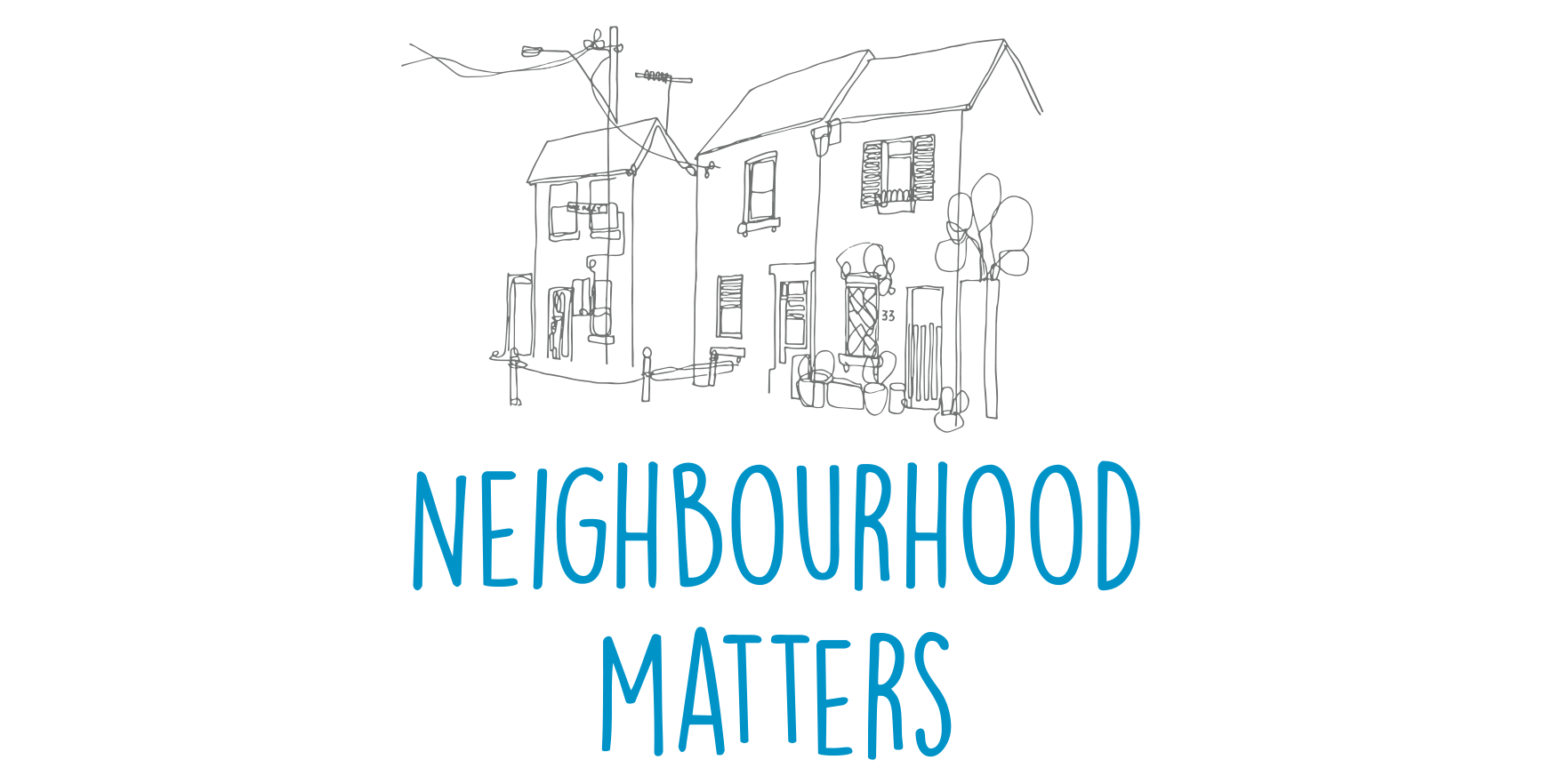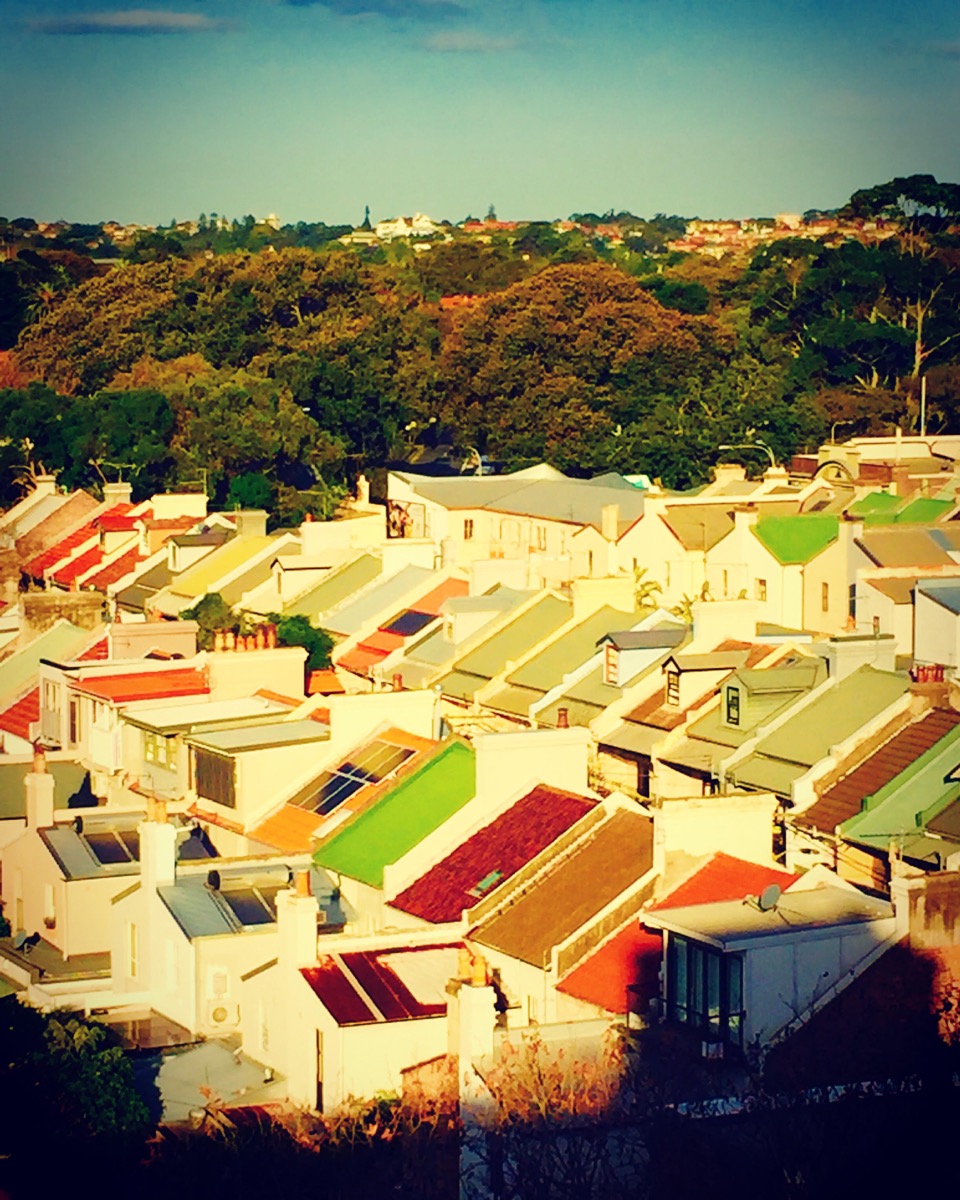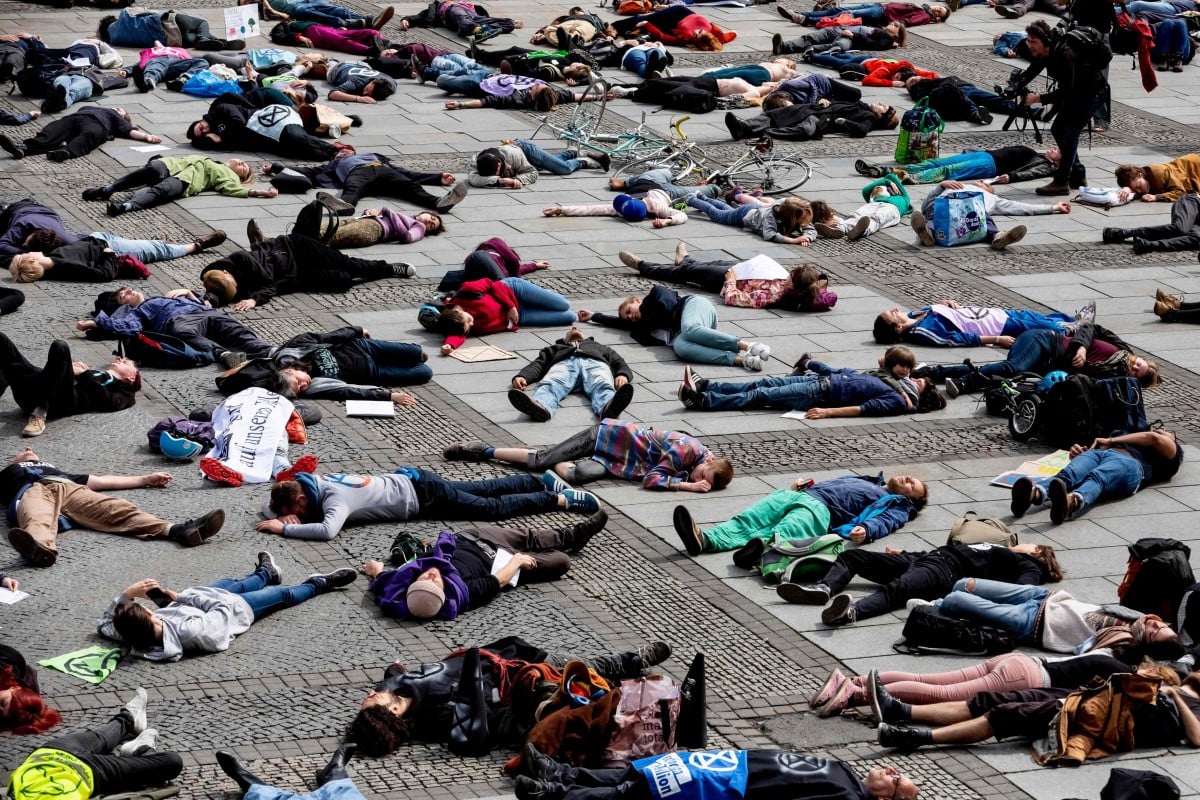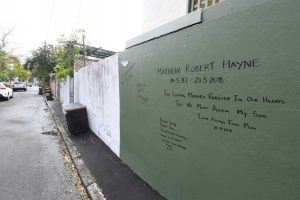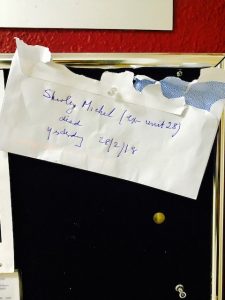How to do Nothing: Resisting the attention economy
By Jenny Odell
(Brooklyn, New York: Melville House, 2019)
When I saw the title of the book How to do Nothing: Resisting the attention economy, I had mixed feelings. On the one hand I felt a sense of joy and freedom at the thought of living a life where one does little and is unencumbered by responsibilities. We live in such a congested, fast-paced and distracted world that the thought of doing nothing seemed countercultural and attractive to me. On the other hand my conscience spoke to me loud and clear saying that in this day and age, where the world seems to be in perpetual crisis, more than anything, we need to be doing something. Certainly not nothing.
As it turns out, Jenny Odell’s recent and popular book is not about how to do nothing, so in that sense the title can be misleading. However, by choosing such a confronting title, it gives us an indication of the radical nature of her thesis. She is a strong critic of the ‘attention economy’, which, she believes, in essence wants us to continually be doing something – usually for the profit and marketing of various organisations. She writes: ‘Nothing is harder to do than nothing. In a world where our value is determined by our productivity, many of us find our every last minute captured, optimized, or appropriated as a financial resource by the technologies we use daily’. I got a sense as I read this book that Odell has felt increasingly suffocated by the technologies that have created an atmosphere where her sense of identity and reality have been challenged.
This is something I can relate to. More and more I find that I need to be switched on to some kind of device or be engaged in online conversations or be up to date with the latest hot topics in order to be someone. I think it’s something many people are feeling today and this could be why Odell’s book has become so popular. Yet we also have a strong suspicion that something is wrong and that we were not made to live this way. Odell writes: ‘And yet a certain nervous feeling, of being overstimulated and unable to sustain a train of thought lingers. Though it can be hard to grasp before it disappears behind the screen of distraction, this feeling is in fact urgent’.
Even though Odell is not a Christian this is a relevant book for Christians who are, like everyone else, caught up in the attention economy. Odell is a prophet for these times speaking a message we all need to hear as we spend time branding ourselves, creating platforms and marketing our lives. More than ever, Christians need to be deeply suspicious of the false cultural narratives that can function as idols in our lives. I found it interesting that this kind of critique is emerging from the secular world more in a confronting way than from the Christian community. It made me wonder if we as Christians are too in love with our platforms and addicted to the ease of communication that is now possible, and have not sufficiently challenged and critiqued the zeitgeist of our times.
Odell has written this book as an act of ‘political resistance’ against the attention economy and as a statement that our lives are ‘more than an instrument and therefore something that cannot be optimized’. She offers a stinging critic of social media such as Facebook, stating that ‘Facebook and Instagram act like dams that capitalize on our natural interest in others and an ageless need for community, hijacking and frustrating our most innate desires, and profiting from them’. So the first step in ‘how to do nothing’ is to ‘drop out’ and resist the attention economy.
However this is not the only solution. What I like about Odell’s book is that it is not simply critique, protest and resistance. She offers what she sees as a way of resisting the attention economy. Odell believes we must firstly act by dropping out, then move outwardly and orient towards people around us, and finally move downward and connect to place. So it’s not as simple as shutting down our apps and avoiding social media. Odell is realistic and understands this is impossible. However her strategy is one of taking back control of our lives by avoiding what she believes is doing us damage and, alternatively, engaging in the good. It almost sounds like Christian theology in that the gospel tells us to repent of the things that are dehumanising us and to reorient towards the values of the reign of God and Shalom. I found it refreshing to read a book that was encouraging me to say ‘no’ more often as a way of resisting the pressures of the attention economy.
What does engaging in the good look like for Odell? She is an artist so her first step is to highlight the importance of paying attention. If the attention economy tries to split our focus, bring distraction and keep us busy with algorithms designed personally for our consumption, we are to stand apart from this and instead become humans again, engaging in our world by paying attention and focusing. Odell believes that as we increasingly engage in our ‘bioregions’ we become grounded and therefore our sense of identity and reality returns to us:
As I came to know my bioregion, I found myself increasingly identifying with a totemic complex of fellow inhabitants; Western fence lizards, California towhees, gray pines, Manzanita, thimble-berries, giant sequoias, poison oak. When I travel I no longer feel like I’ve arrived until I have ‘met’ the local bioregion by walking around, observing what grows there and learning something about the indigenous history of that place.
Moreover, as we connect with our place and neighbourhood, we make relationships with people who are unlike us. With social media we tend to gravitate to people who affirm our beliefs, however the neighbourhood is a place where very different people must learn to coexist. Odell’s approach is quite incarnational though I doubt she would use that word. As Christians we practice an incarnational or embodied spirituality rather than an ‘other-worldly’ spirituality. Our faith must be put into practice and fleshed out in the local spaces where we live. So I found Odell’s thinking here to be in line with the way we must flesh out the gospel in our lives.
Odell is not an isolationist but instead suggests a posture of critical distance and ‘removing oneself from the clamour and undue influence of pubic opinion’. But again, she then proposes engagement through face-to-face conversations and gatherings, for instance, instead of relying solely on social media interactions. She feels that this is somehow more ‘real’ because it is contextual, in contrast to online interaction which suffers from ‘context collapse’, a problem if we want to have intelligent, meaningful discussions with each other about improving our world.
I found this book intelligent, creative, stimulating and challenging. Odell confronts us with who we have become, a disembodied, distracted society moulded by technologies with not so altruistic agendas, and calls us to become something different – a community that is human.
One of the thoughts that will stay with me is her summary of the change that has occurred within her as a result of resisting the attention economy. There is almost the whisper of God in her reflection on this transformation. She writes:
I find that I’m looking at my phone less these days. It’s not because I went to an expensive digital detox retreat, or because I deleted any apps from my phone, or anything like that. I stopped looking at my phone because I was looking at something else, something so absorbing that I couldn’t turn away. That’s the other thing that happens when you fall in love. Friends complain that you’re not present or that you have your head in the clouds; companies dealing in the attention economy might say the same thing about me, with my head lost in the trees, the birds, even the weeds growing in the sidewalk.
I hope it’s a change that happens in you and me also.
(This review was first published at http://www.ethos.org.au/online-resources/Blog/book-review-how-to-do-nothing, Republished with permission.)
